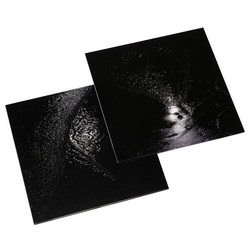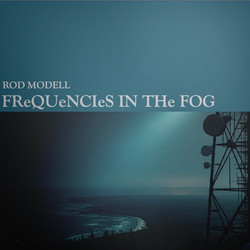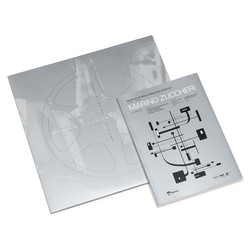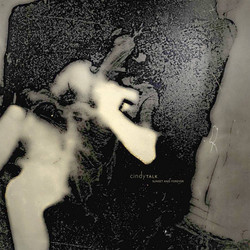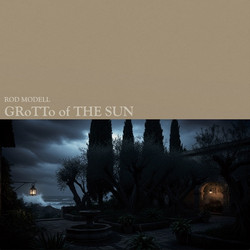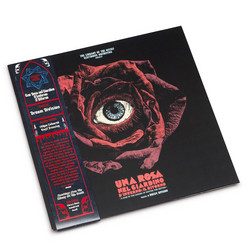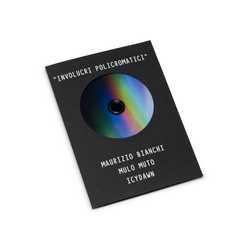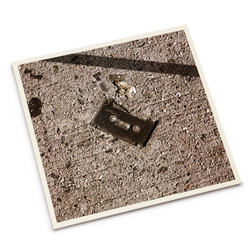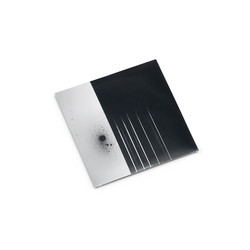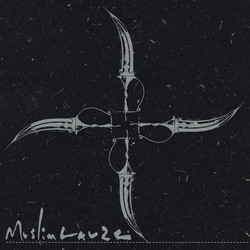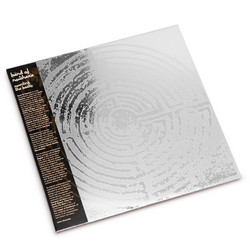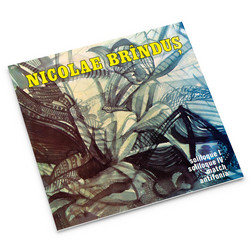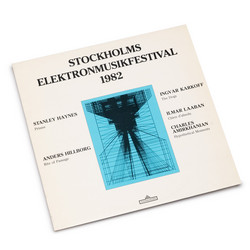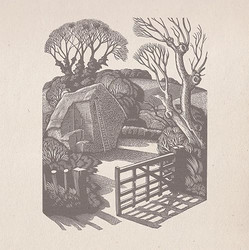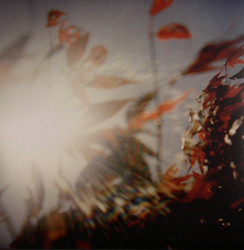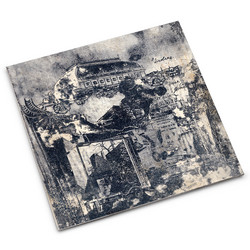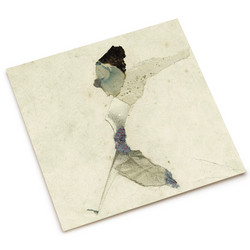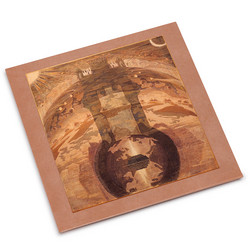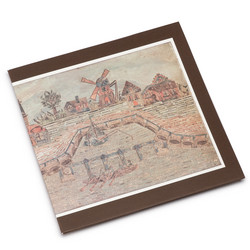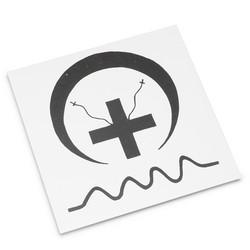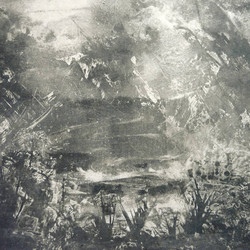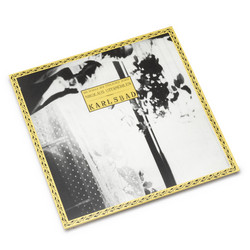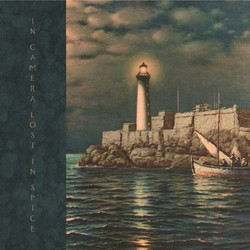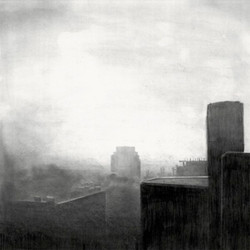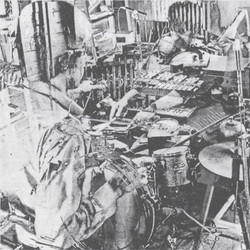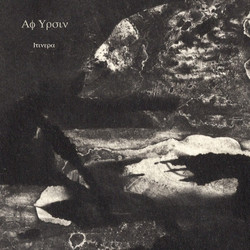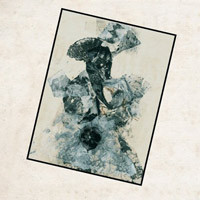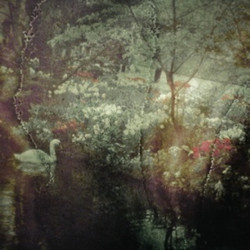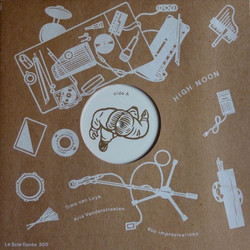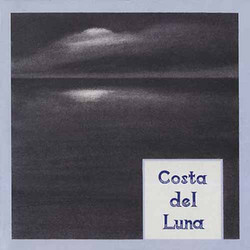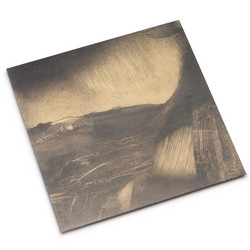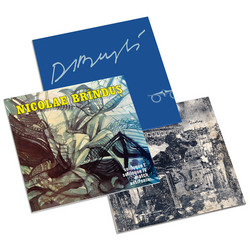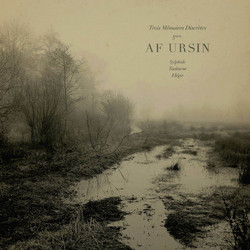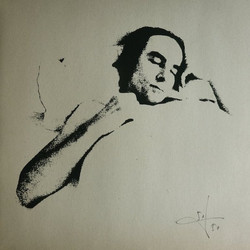Ora
Time Out of Mind (LP)
**300 copies** Time Out of Mind represents one of the most important chapters in the story of Ora. Recorded during the 1986-1996 time frame, it has been almost entirely unheard until now. The album collects unreleased tracks, field-recordings and sketches, significantly taken with portable recorders. This methodology would become the basis of more elaborate studio pieces in the future, and in itself it clarifies an important formative stage of the work of Ora: the habit of often using outdoor performances and location sounds in an entirely spontaneous way. Time Out of Mind is not a 'lost' album from that period, but it collects and reworks - after more than twenty years - what might have been, and has now been mixed, sequenced and arranged by Andrew Chalk into a contextualized full-length work. With the gift of hindsight, it perfectly and inevitably captures the spirit of the past: a missing stage in the evolution of the group that should have, though never actually did, existed in that period. On this recordings Ora were: Andrew Chalk, Darren Tate, Colin Potter and Daisuke Suzuki.
"Music first and foremost, with odd numbers that drift and dissolve better in the air, with nothing heavy or static about them. Shaded tints we desire, no colour only tints and hues. Nothing lovelier than a grey song, where uncertainty and precision meet. Beautiful eyes veiled and dim, the quivering bright light of noon, and the blue tangle of clear stars in a mild autumn sky. Only the shaded tint can link dream to dream and flute to horn." (adaptation of a poem by Paul Verlaine)
"Ora was always a rather curious and enigmatic project, as the collective formed by Andrew Chalk and Darren Tate in the '80s has been historically characterized by extremely limited releases and shifting membership. "Time Out of Mind" adds yet another strange chapter to the Ora tale, as it is a reworking of unreleased material that largely pre-dates Ora's debut release (1992's "DAAC" cassette). Chalk and Tate make it clear that this is not a 'lost album' though, it is more of an alternate history, suggesting a path that the project might have explored without the intervention of line-up changes and new working methods." (Anthony D'Amico, Brainwashed)


